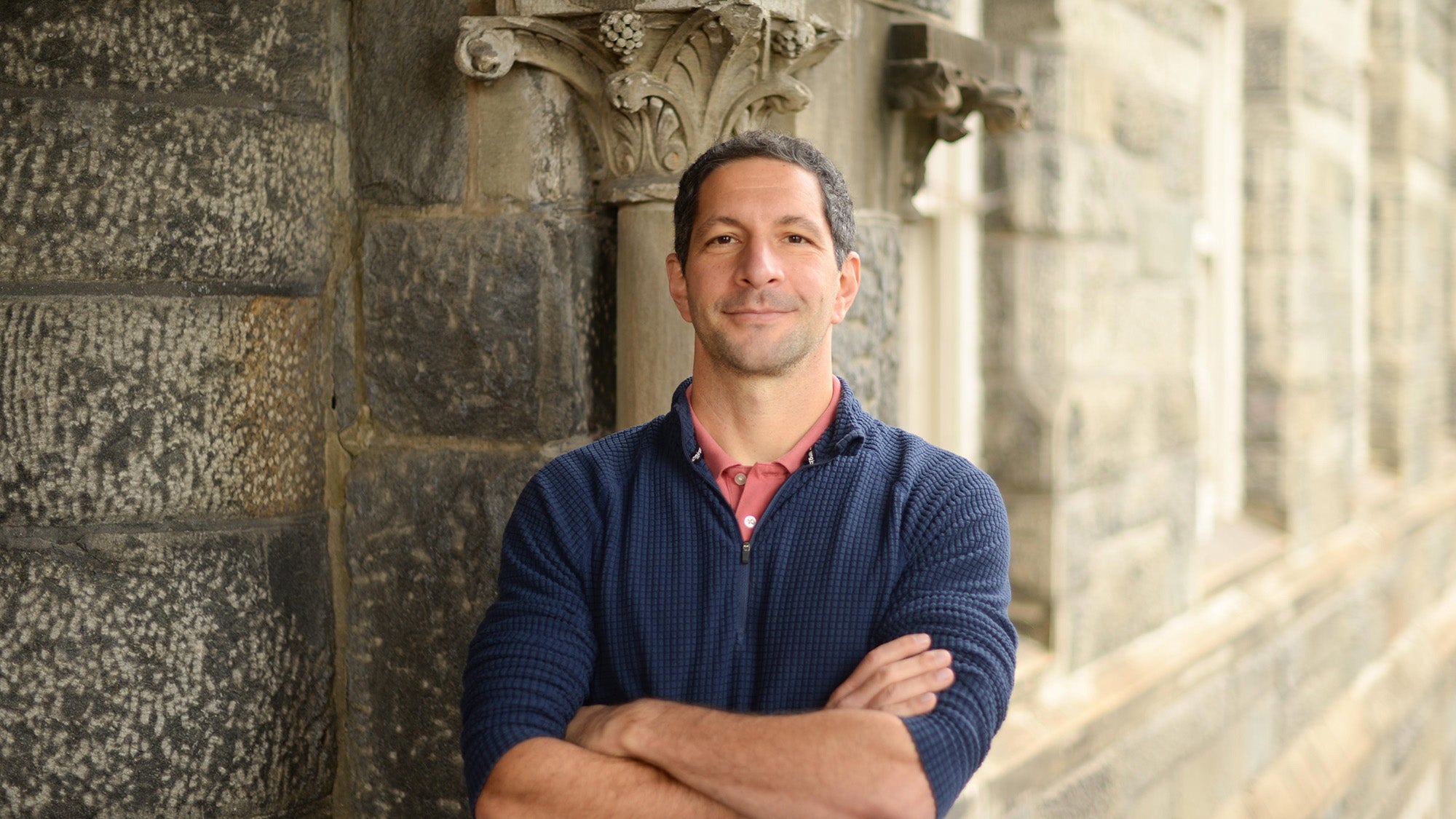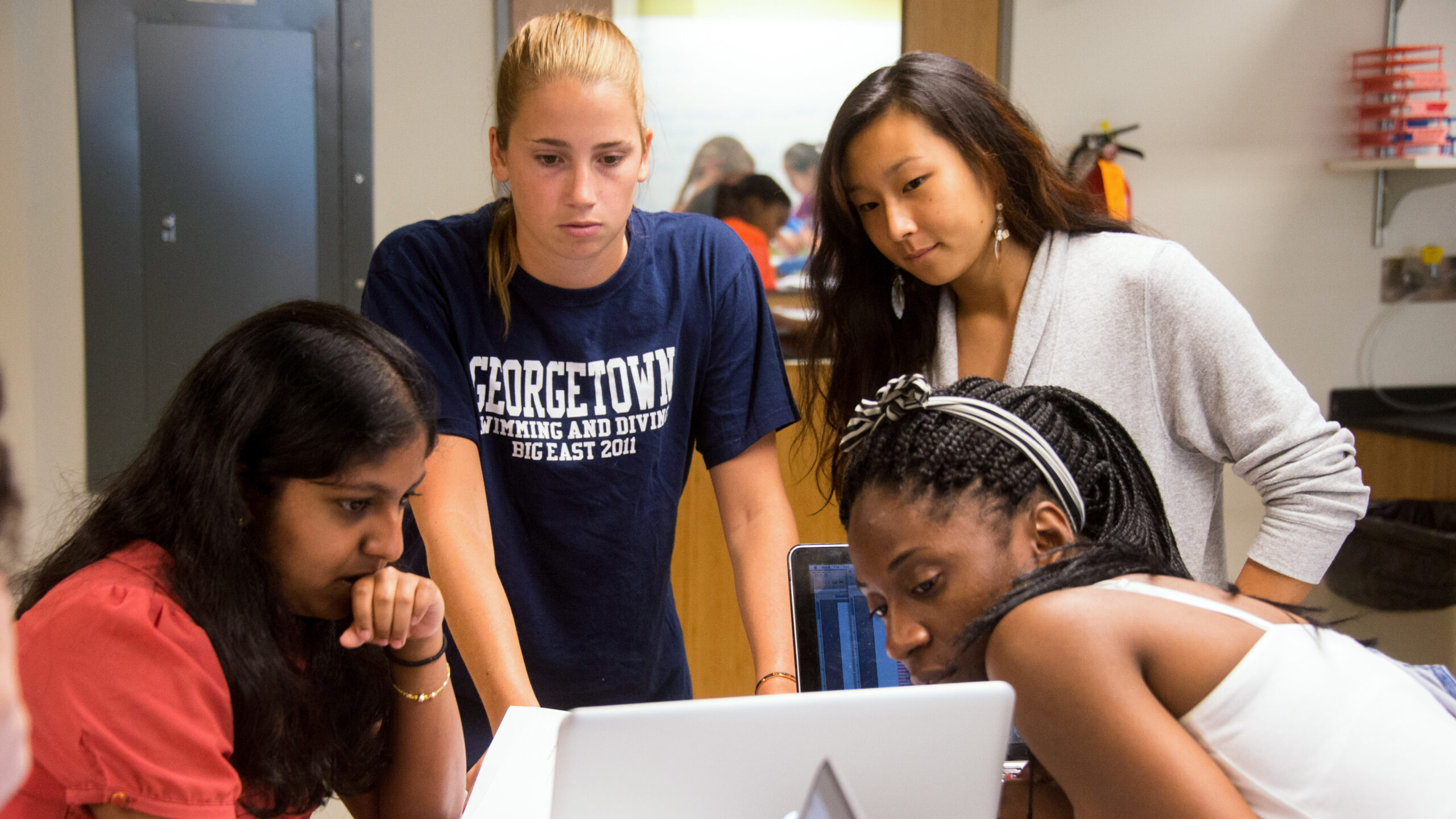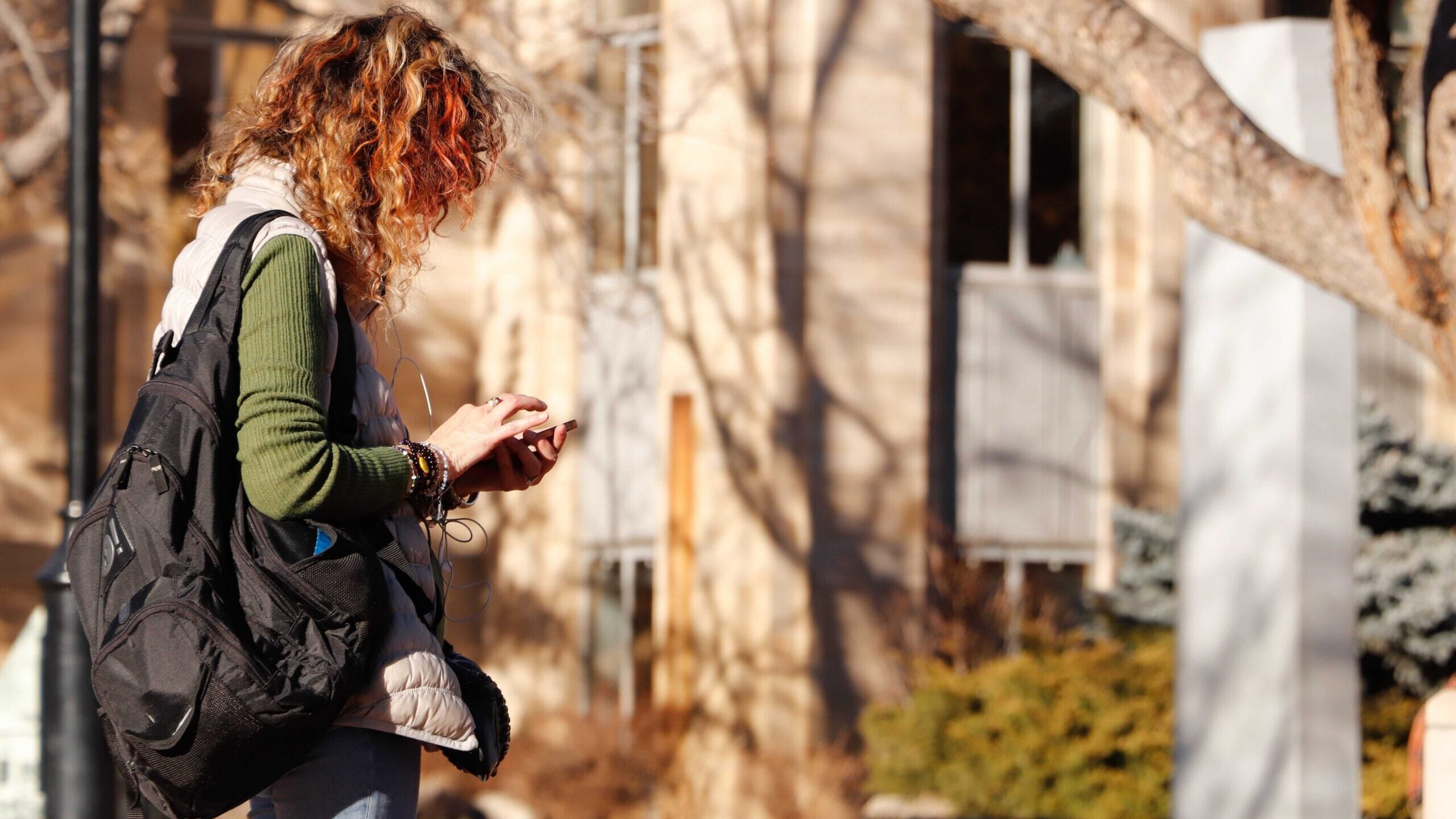How does creativity enable innovators in science, technology, engineering and math to succeed and to find meaningful solutions to previously intractable problems? That’s exactly what Adam Green wants to find out.
Green, a professor in the Department of Psychology, is the lead investigator of a research group that just received $2.5 million from the National Science Foundation to study how creativity affects and predicts the success of undergraduate engineering students, both academically and professionally.
“This is an exciting opportunity to advance how we measure creativity at a time when creativity matters more than ever,” said Green, a co-founder of The Society for the Neuroscience of Creativity. “The project gives us a chance to identify how new approaches to creativity can provide a means for educating more creative STEM students, and for predicting academic and professional success outcomes”
Measuring the Immeasurable
The grant will allow Green and his team to connect decades of research that demonstrates creativity is associated with STEM achievement with novel computational metrics of creativity that can reveal the specific components of creative thinking that support STEM success both during and after college.
“We want to identify which aspects of creativity are important for success,” said Green. “We’re breaking creativity down into four dimensions: visual versus verbal and generative versus evaluative.”
Within those dimensions, Green and his team are looking to determine not only which are the best predictors of success, but how they work in tandem. The group will study two cohorts of STEM students: one tracked while in school and the other tracked after graduation. Both cohorts will undergo verbal and visual tests to evaluate their creativity.
Additionally, the team is seeking to map out creative ideation through what they call the shape of thought.
“We’ve developed metrics that look at the trajectory of a person’s thought,” said Green. “As you generate ideas, whether it’s when you’re writing an essay or you generate hypotheses as part of a task that we set up, you travel through idea space and that travel has a shape that we can look at in semantic space.”
Assessing Creativity to Predict Success and Reduce Disparities
Accurately assessing creativity has huge implications for both colleges and employers. Leveraging creativity will be important for employers who want to utilize AI to its fullest potential, according to Green.
“Creativity is often associated with the humanities — and it should be — but there’s good evidence that creativity is important for success in the sciences,” said Green. “And It’s only becoming more relevant: The kinds of skills that have determined success in the sciences, the quantitative skills, are increasingly replaceable with AI. Whereas more of the value that humans can bring to a project is found in creativity. Human creativity is going to be really important.”
For colleges, recent research from Green suggests that creativity could be a useful metric for predicting academic success — and one that involves less bias than standardized testing.
A team of two dozen creativity experts, led by Green, trained a large language model to analyze college essays and assess creativity. The team, which has access to a dataset of more than 600,000 college applications, has found promising connections between creativity and future college success, while also finding that creativity shows substantially less performance disparity than many traditional admissions metrics.
“We’re really focusing on the essays and our ability to assess creativity in those essays and looking at whether or not that’s predictive of future college success,” said Green. “When you combine creativity with the SAT, that combined metric outperforms either alone.”
Related Stories
Taking Neuroscience to School: Brain Scans Reveal the Hidden Shape of Thinking and Predict Students’ Learning Better Than Test Scores
A team of researchers, led by Georgetown neuroscientists, have documented a link between different modes of thinking.
Read Full StoryGet Smart: Georgetown Neuroscientists Release Free App to Improve Cognition
A team of Georgetown neuroscientists has released an app to help users improve their deductive reasoning skills.
Read More About the Mental Models Training App

